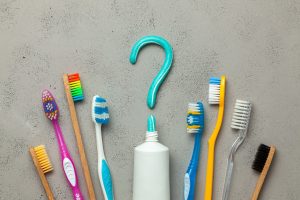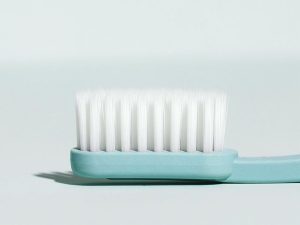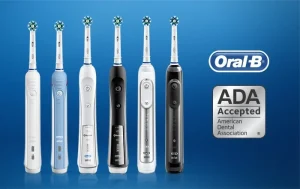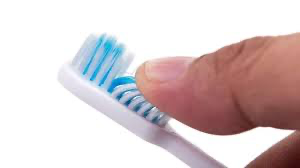
Tips for selecting toothbrush. When nylon-bristled toothbrushes were first developed in the late 1930s, consumers had limited options when it came to toothbrush selection. The story is quite different now. Nowadays, the majority of oral hygiene product retailers have a wide range of toothbrush models, including powered (electric) and manual (disposable) models. Whichever toothbrush you decide on, whether it is powered or manual, there are a few features you should consider
TIPS FOR SELECTING TOOTHBRUSH
Choosing the appropriate toothbrush is the first step in making the most of your daily oral hygiene practice, which includes brushing your teeth. However, a number of factors that are specific to you will determine which toothbrush is ideal for the job. For this reason, many find it difficult to make decisions when faced with a plethora of options, particularly when their dentist isn’t around to guide them. The best toothbrush for you depends on your individual needs, preferences, and oral health concerns.
Here are some factors to consider when choosing a toothbrush:
1. Bristle Type

Opt for a toothbrush with soft bristles, as they are gentle on the gums and enamel while still effectively removing plaque and debris from the teeth. Avoid toothbrushes with hard or medium bristles, as they can cause damage to the gums and enamel over time.
2. Size and Shape
Choose a toothbrush with a head size and shape that comfortably fits your mouth and allows you to reach all surfaces of your teeth, including the back molars. A smaller brush head may be more maneuverable, especially for individuals with smaller mouths or crowded teeth.
3. Handle Design

Look for a toothbrush with a comfortable and ergonomic handle design that provides a secure grip and allows for easy maneuverability during brushing. Some toothbrushes feature textured grips or flexible handles for added comfort and control.
4. Electric vs. Manual
When used properly, both manual and electric toothbrushes may effectively clean teeth. Pressure sensors, inbuilt timers, and rotating or oscillating brush heads are additional features that some electric toothbrushes may come equipped with. These functions can help some users remove plaque and enhance their brushing technique.
5. ADA Seal of Acceptance

Picking a toothbrush that satisfies the American Dental Association’s (ADA) safety and efficacy standards by earning the Seal of Acceptance is something you should think about. Plaque removal and the risk of cavities and gum disease have been scientifically shown to be safe and effective with toothbrushes bearing the ADA Seal. Some popular toothbrush brands that offer high-quality options include Oral-B, Philips Sonicare, Colgate, Crest, and Sensodyne, among others. Ultimately, the best toothbrush is one that you feel comfortable.
Using consistently and that helps you maintain good oral hygiene habits. For maximum cleaning efficacy and hygiene, change your brush. Or change your brush head every three to four months, or sooner if the bristles get frayed or damaged. Read other interesting articles by clicking here..
Summary
Your oral needs should be taken into account while selecting a toothbrush. While some people battle with plaque biofilm retention on the tongue or around the gum line, many people experience sensitive teeth. There are particular toothbrushes available to ensure they benefit each individual, even though all brushes share certain universally beneficial features. Here’s how to locate a solution that addresses your particular dental issues while being both safe and effective:

